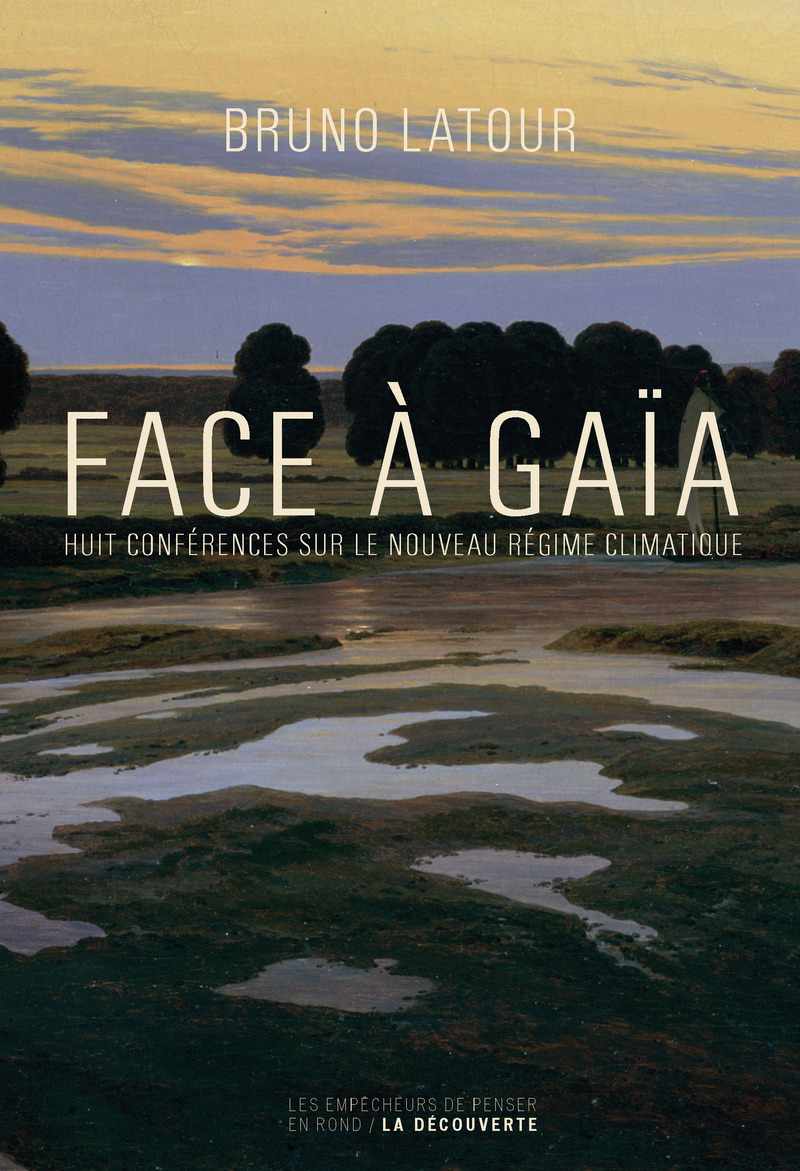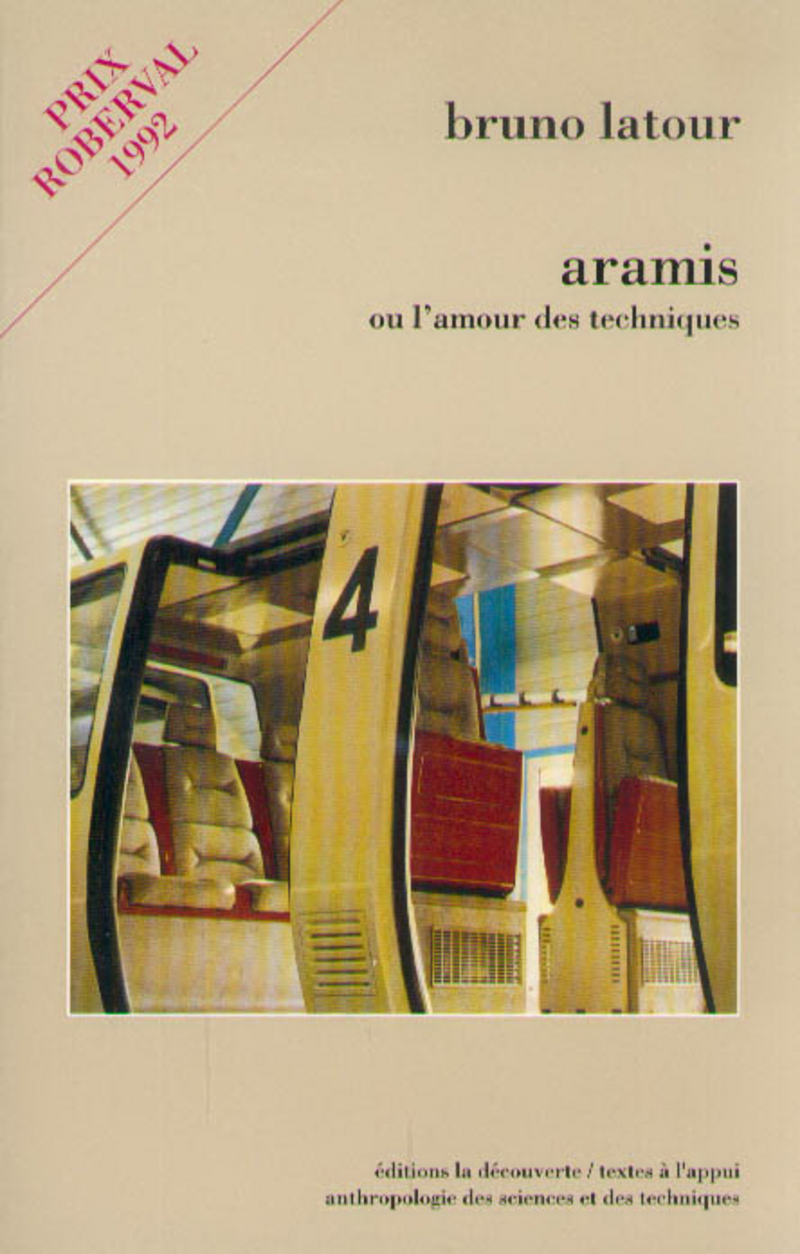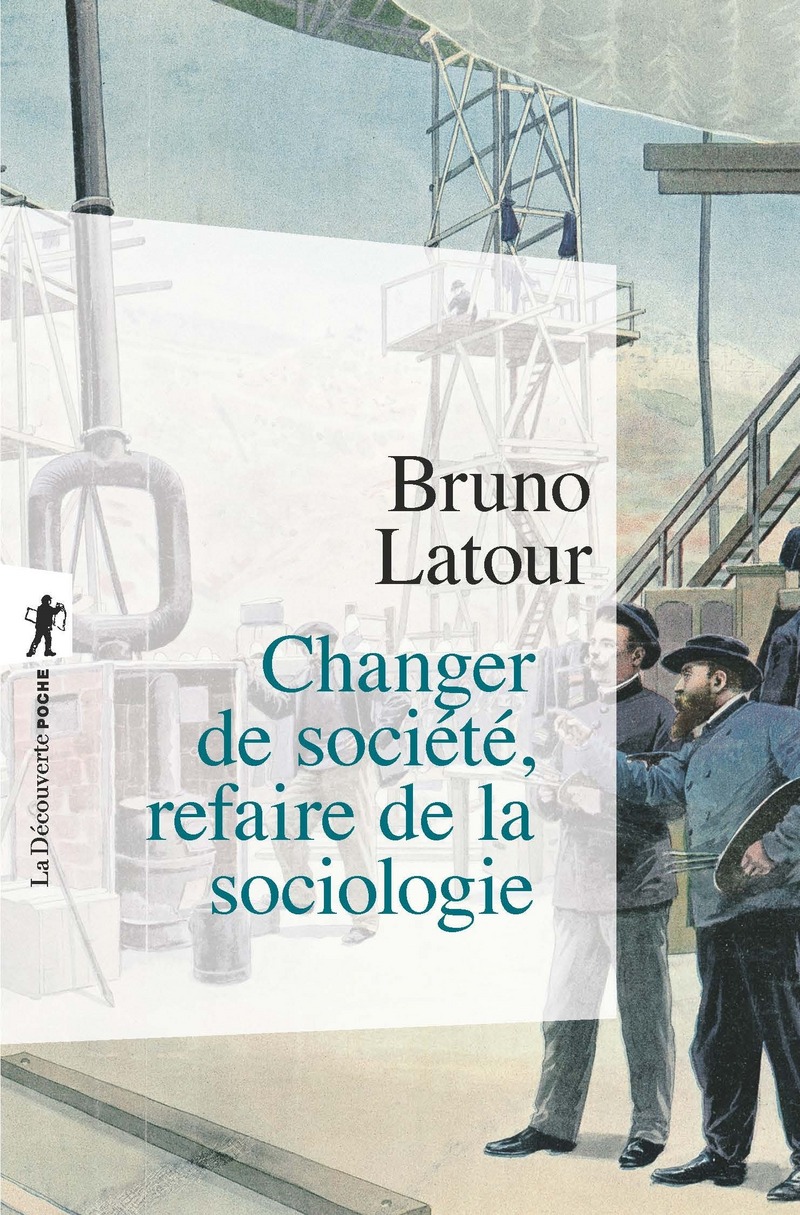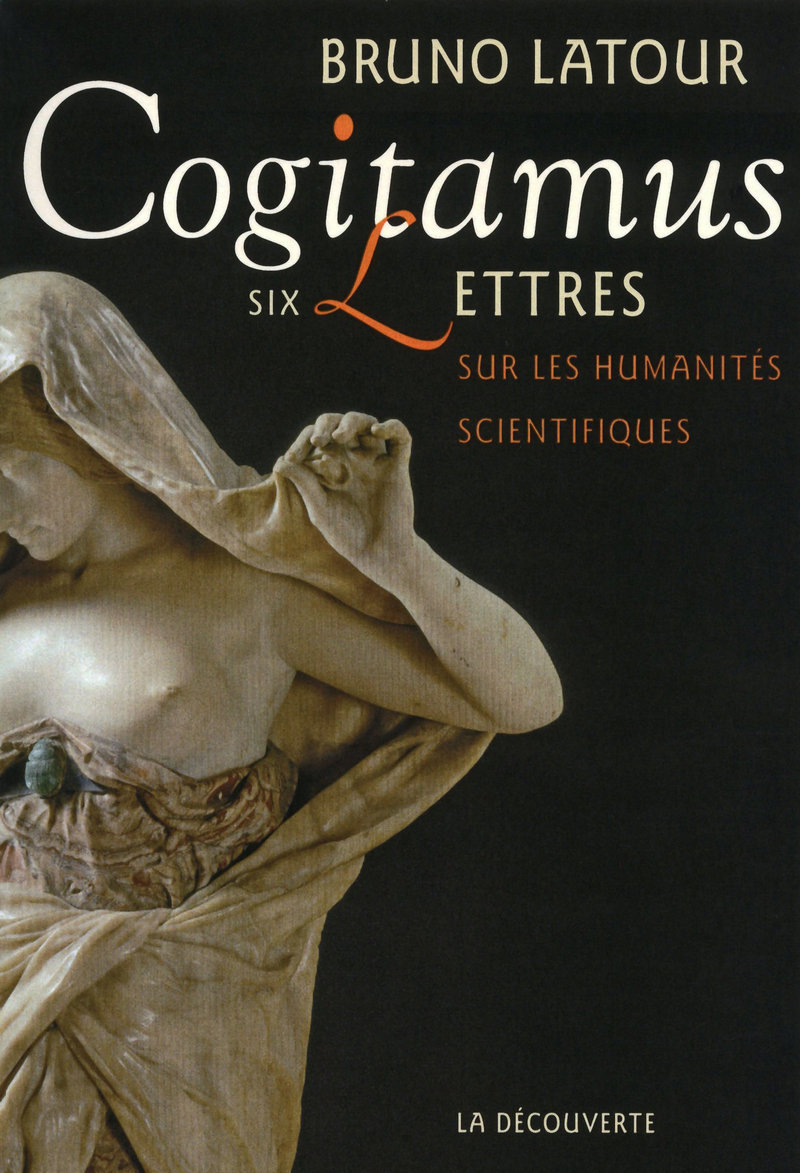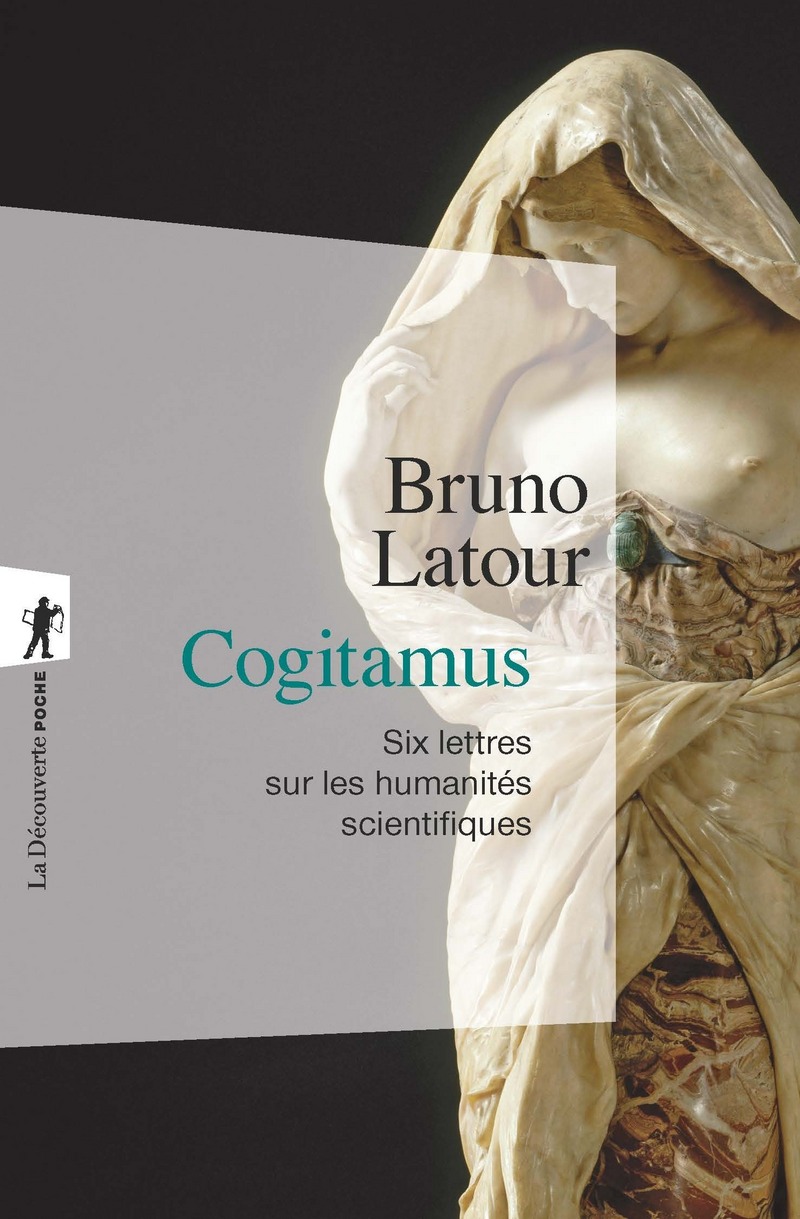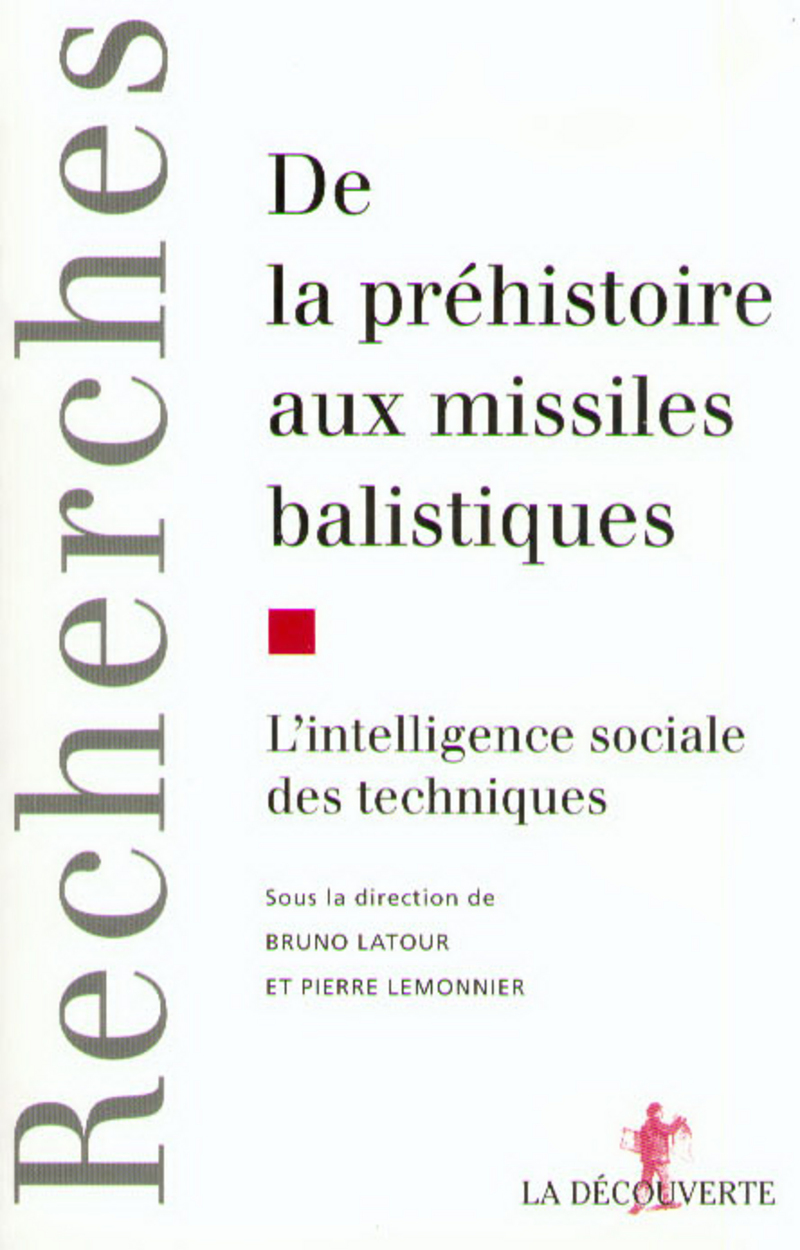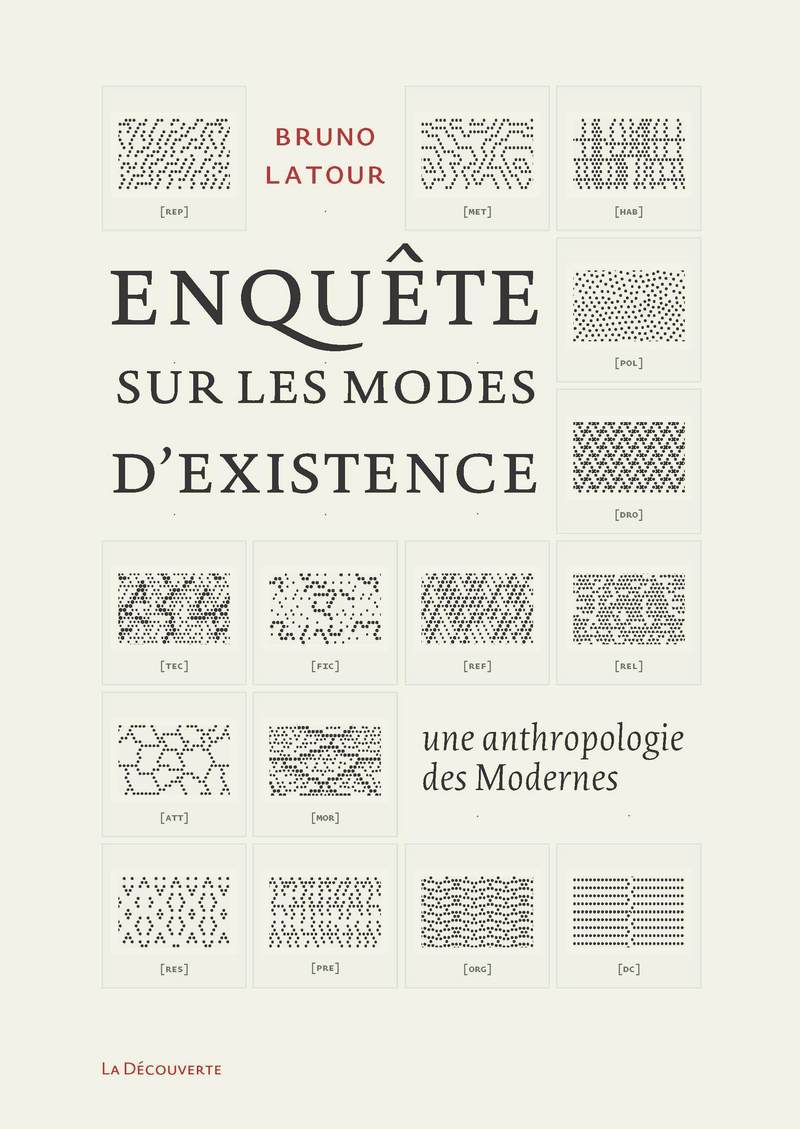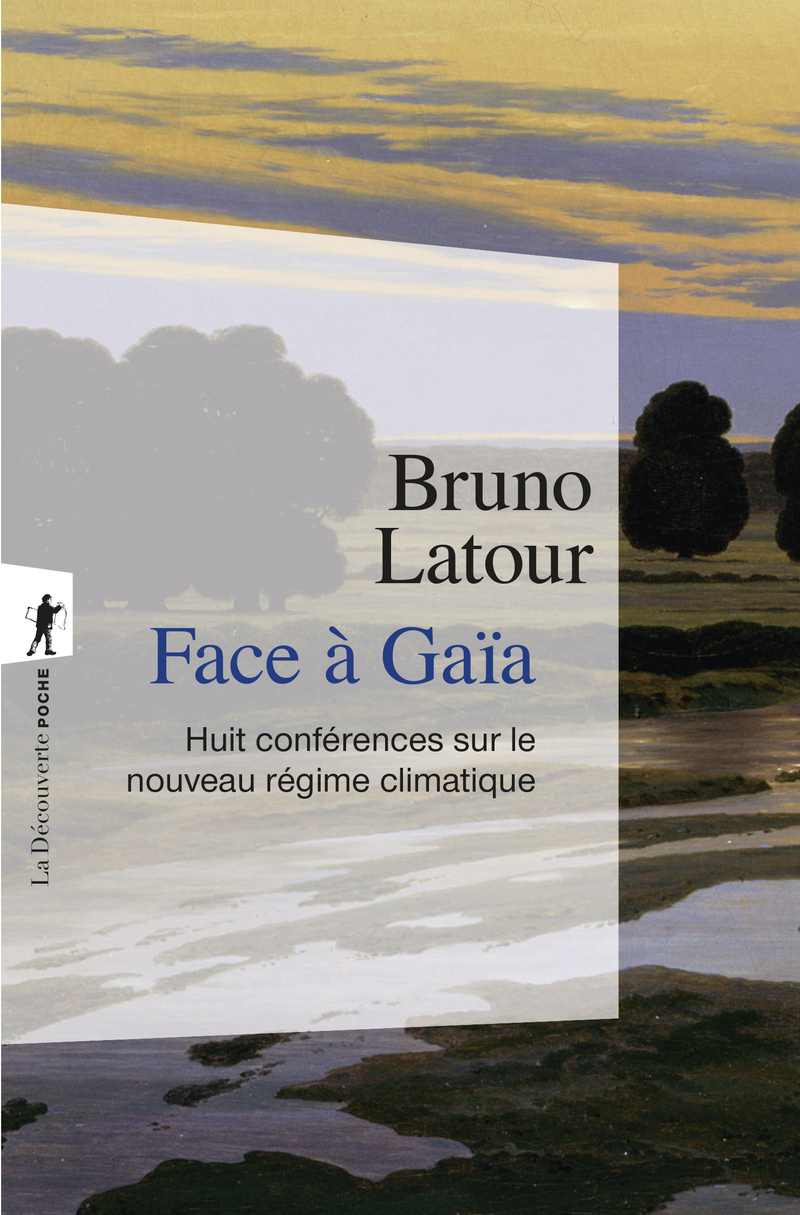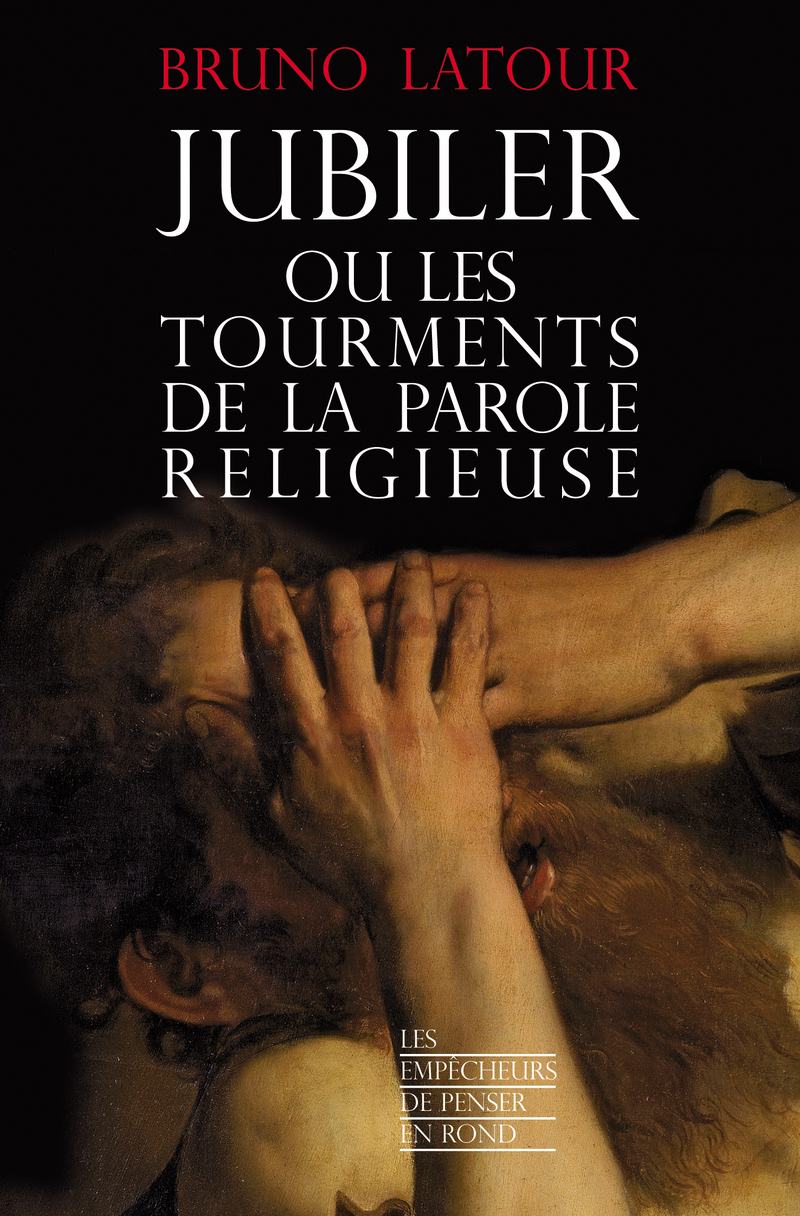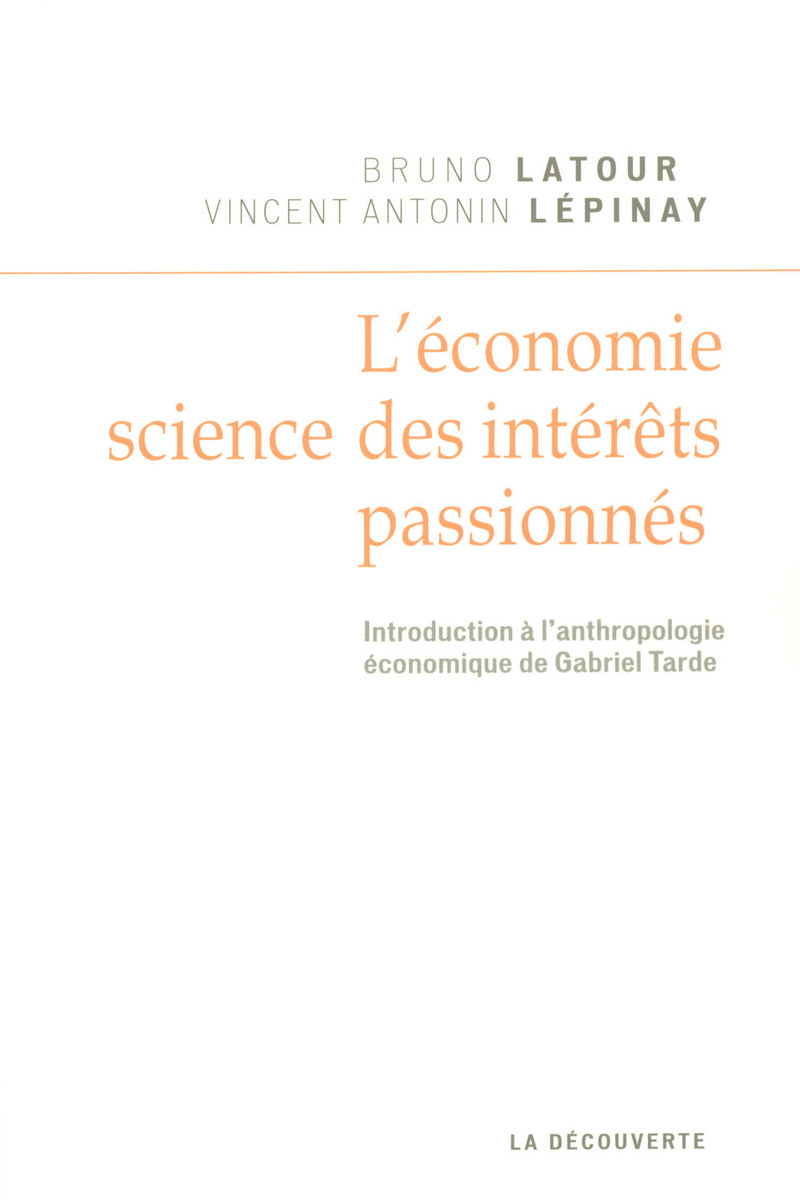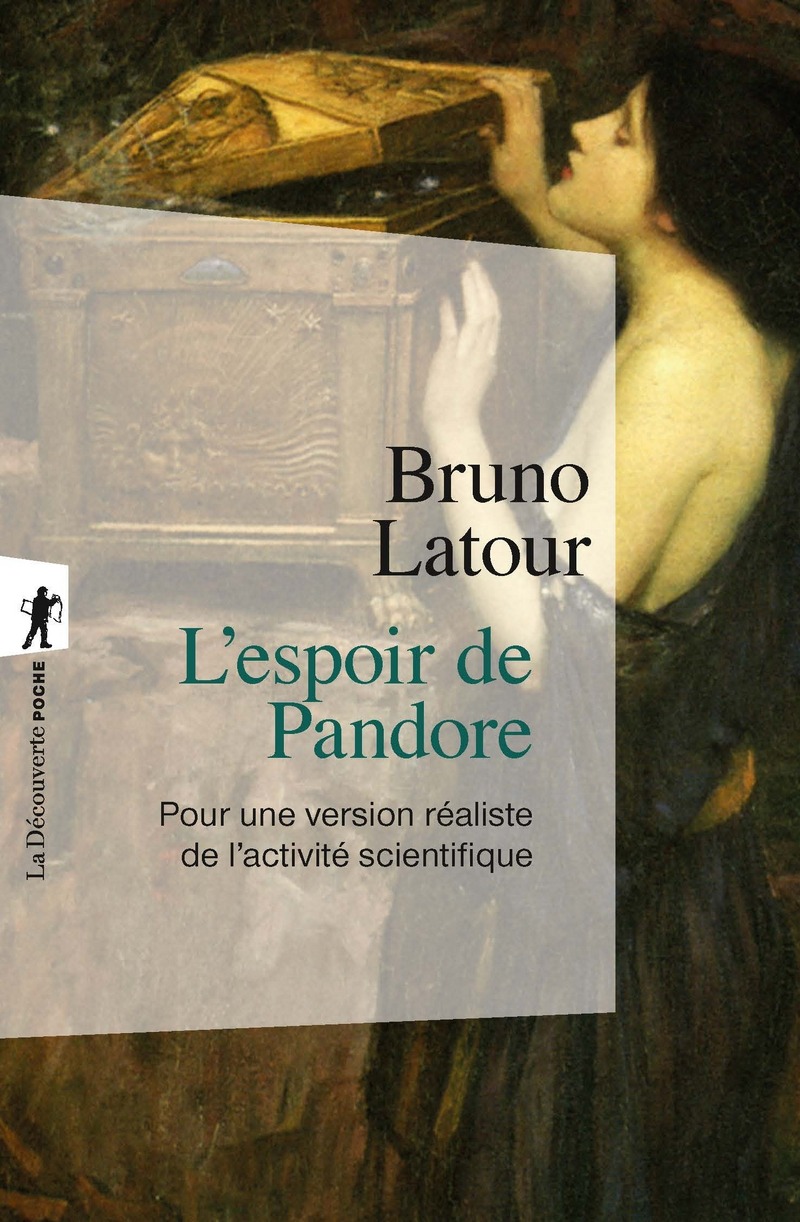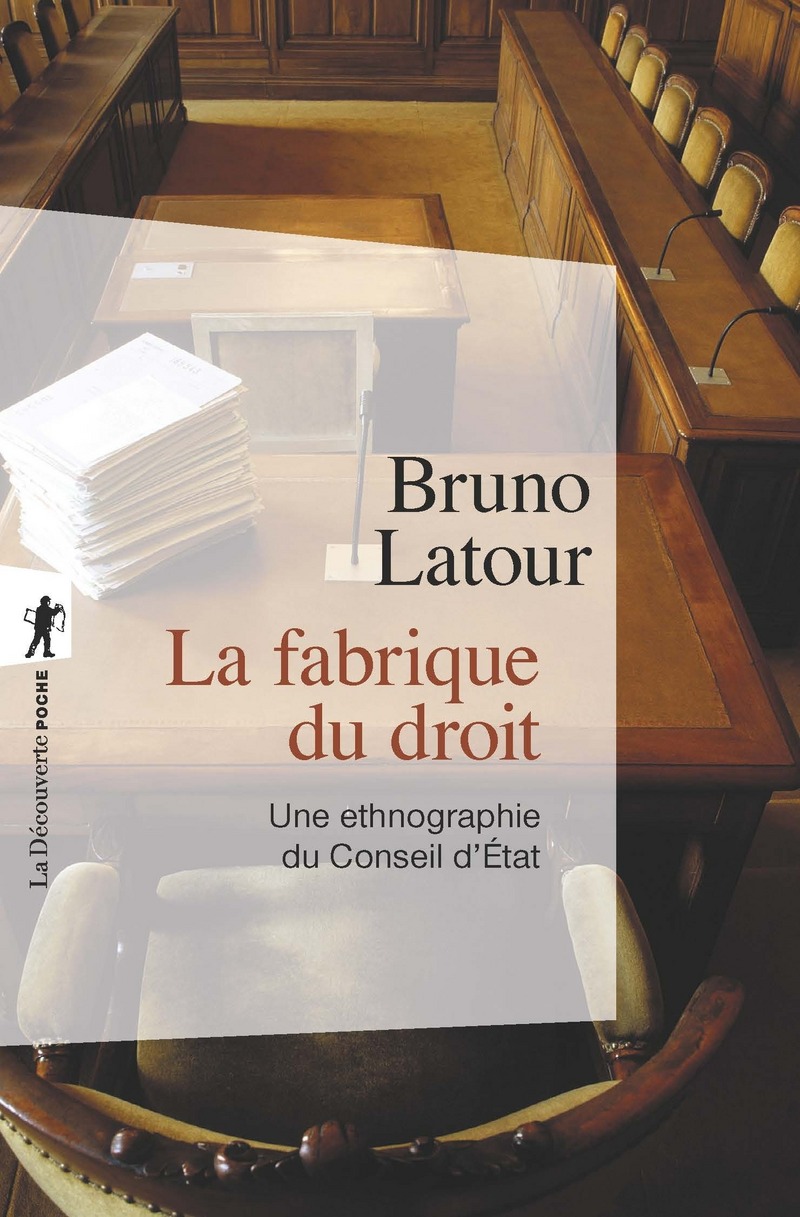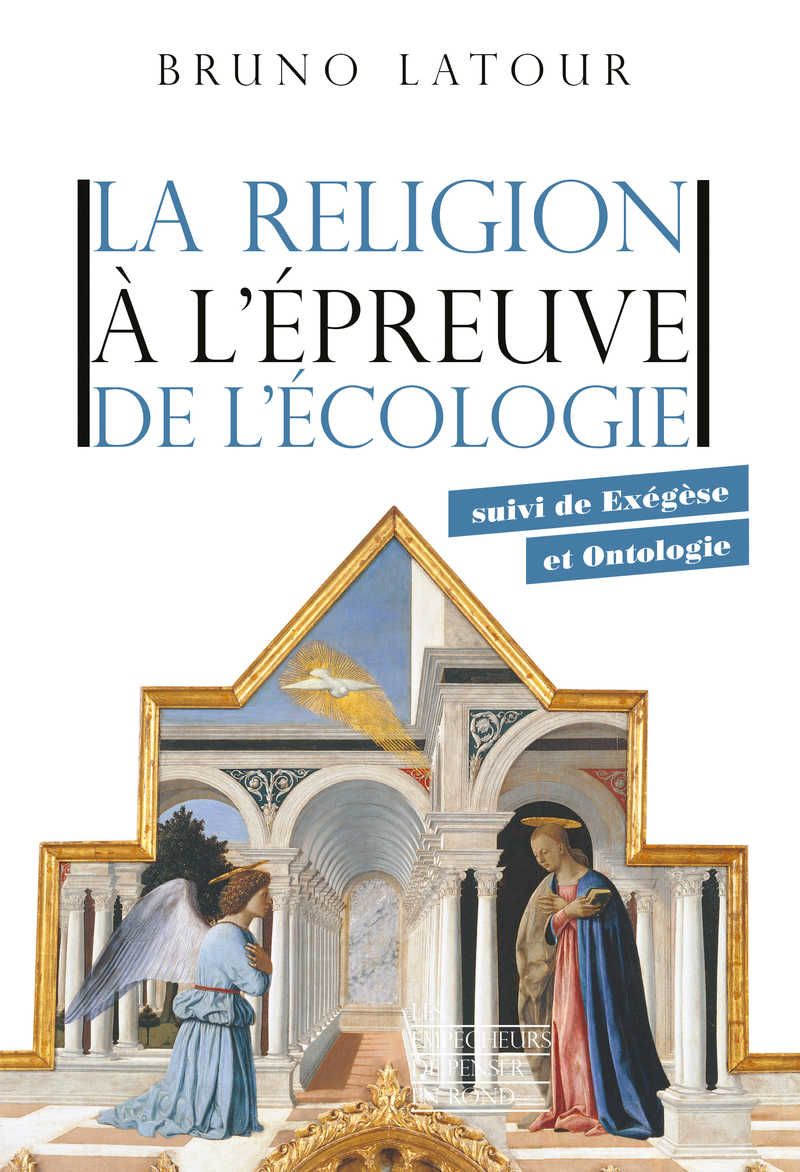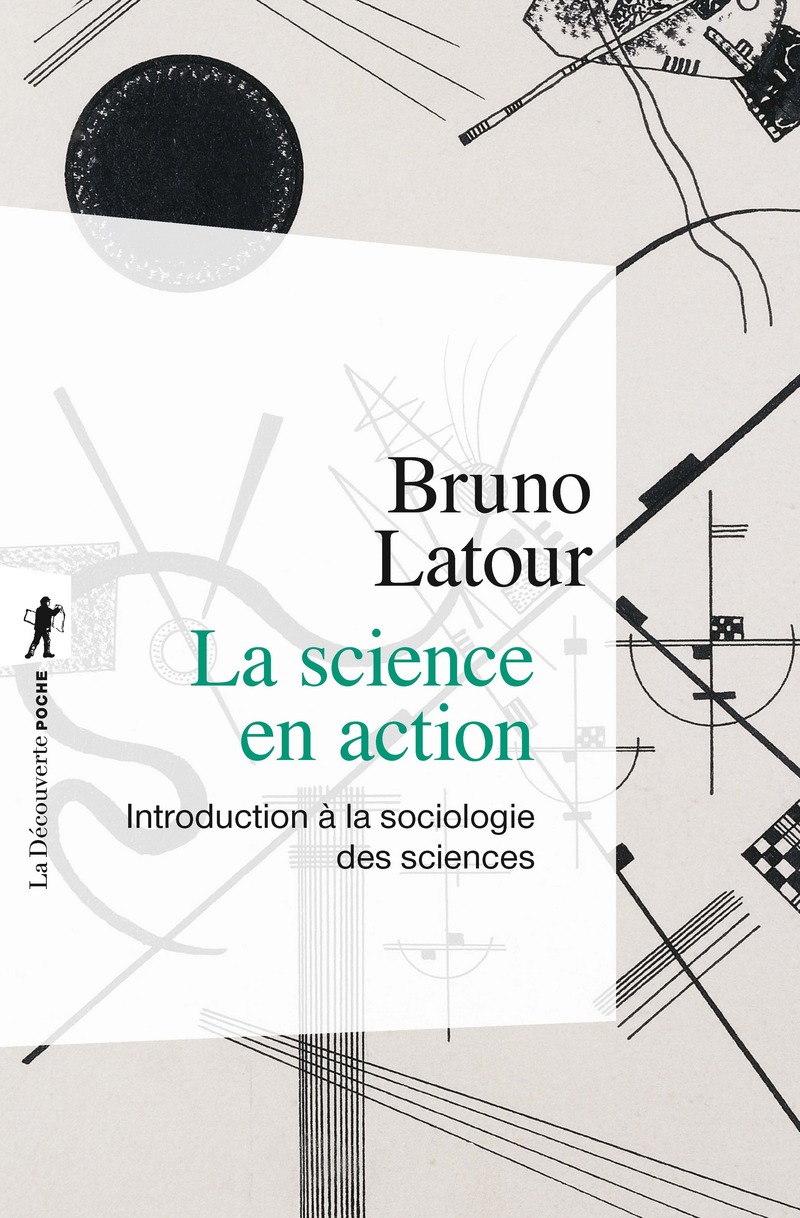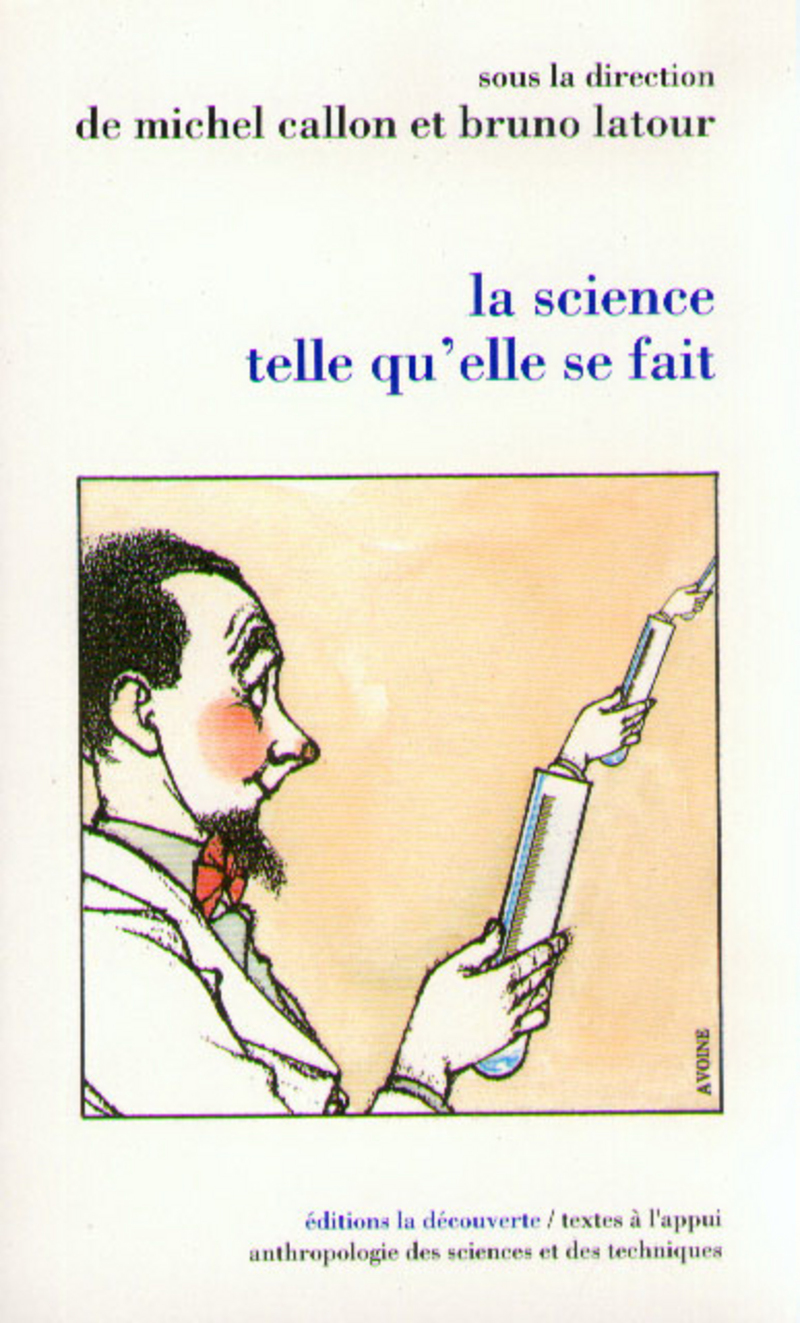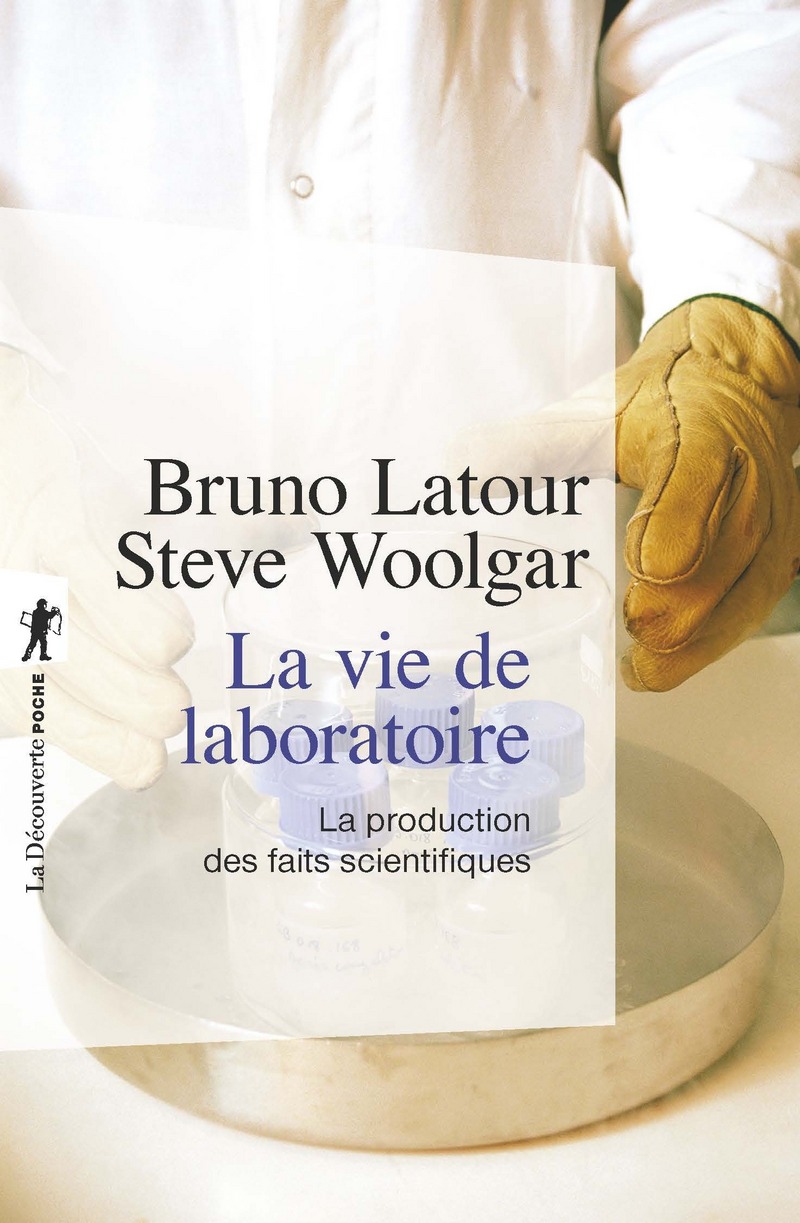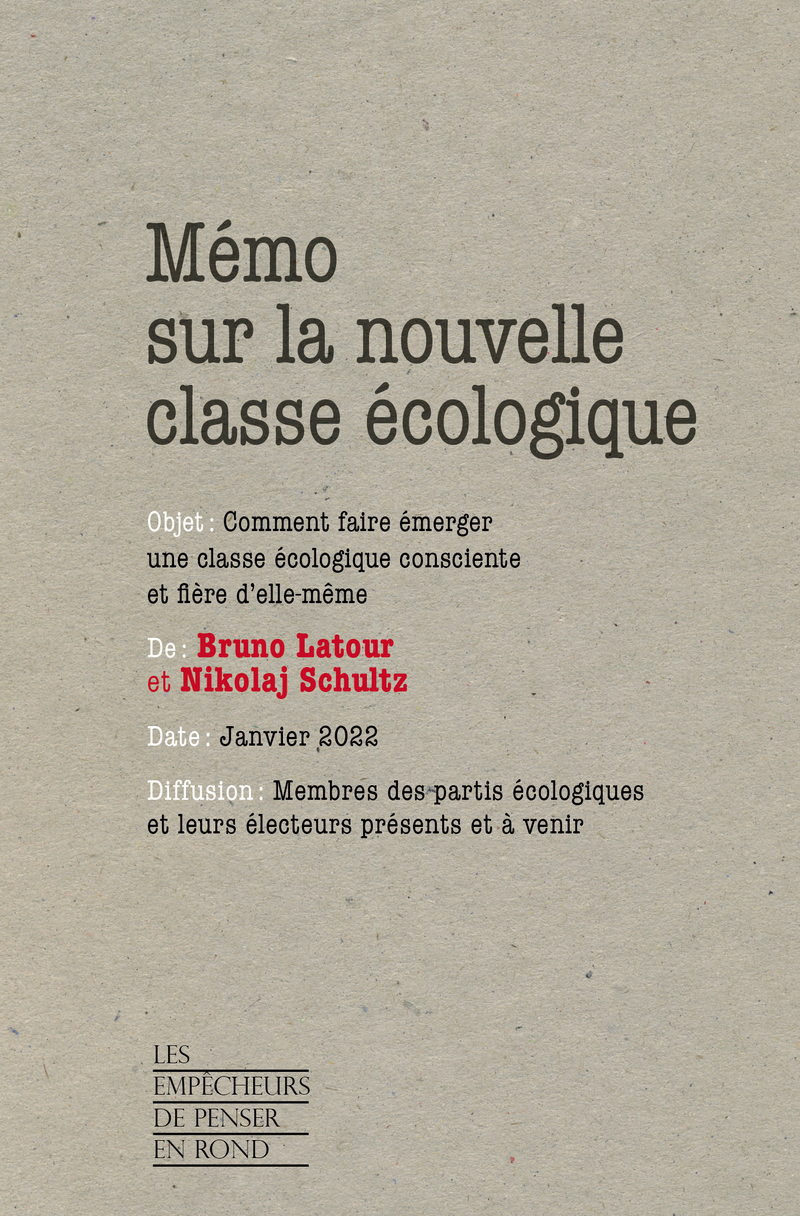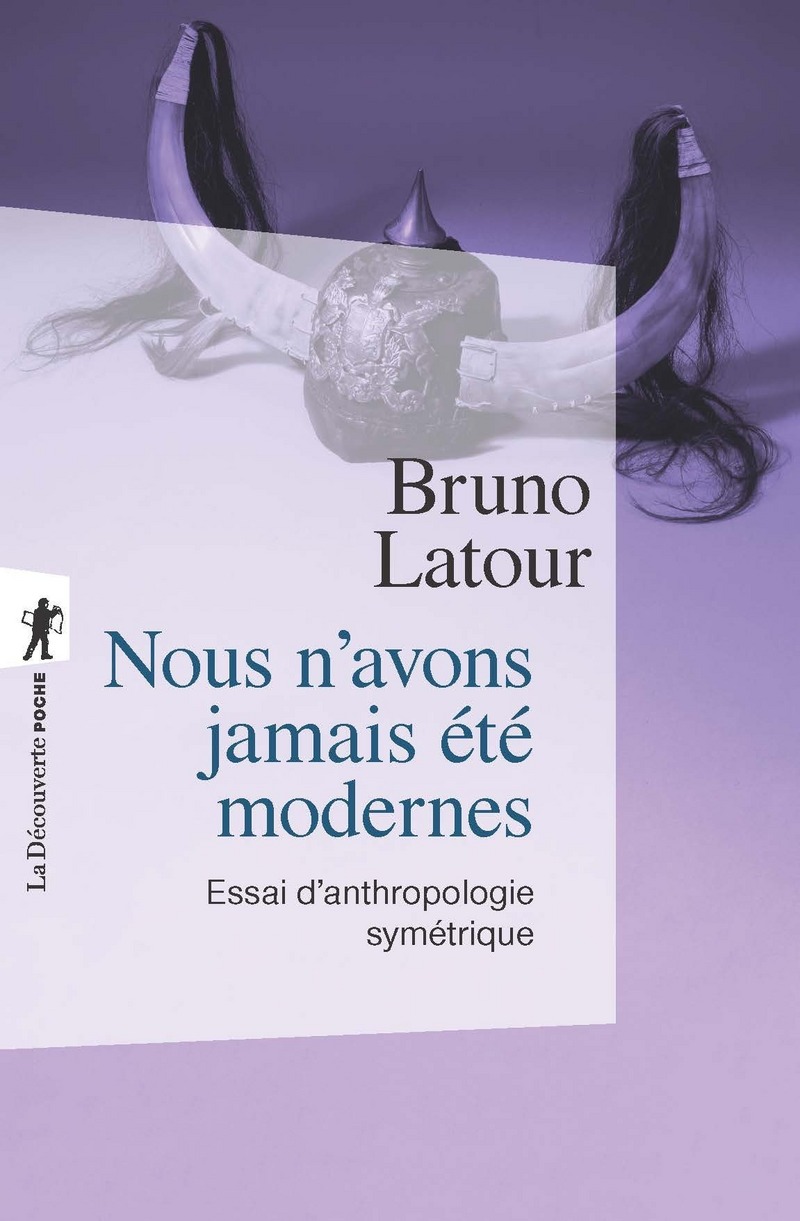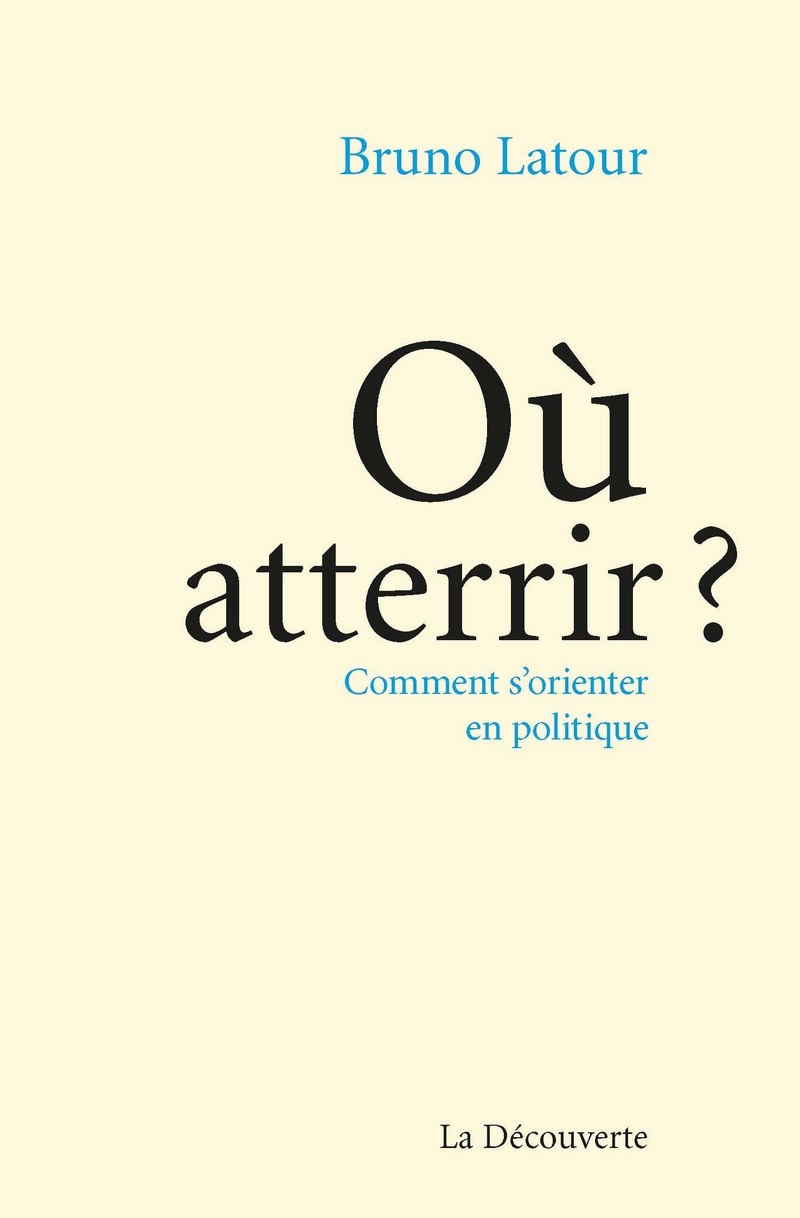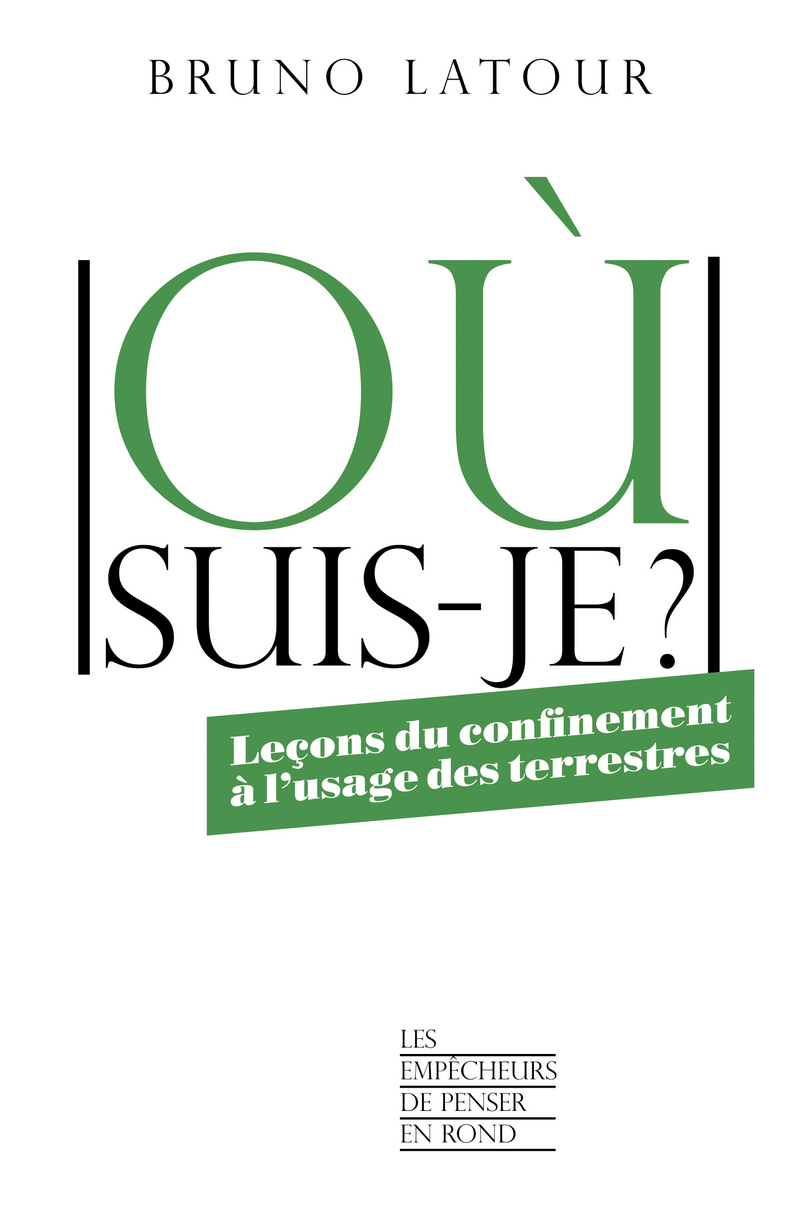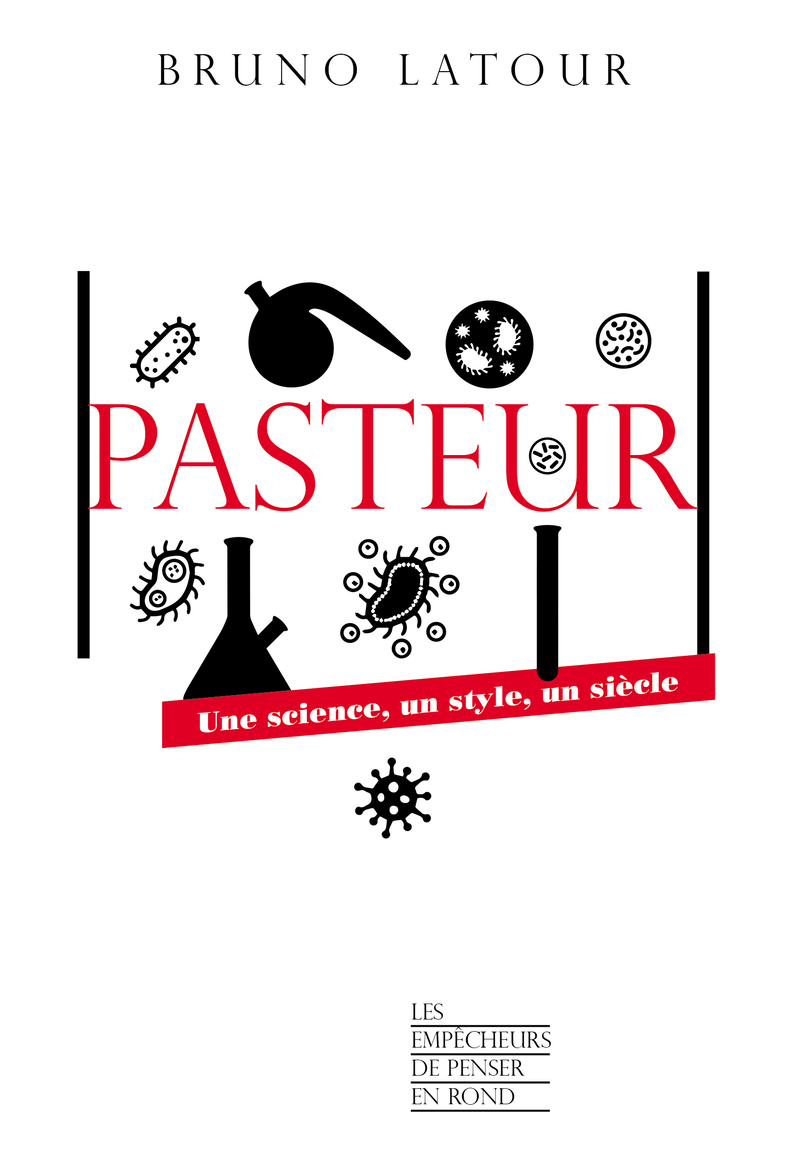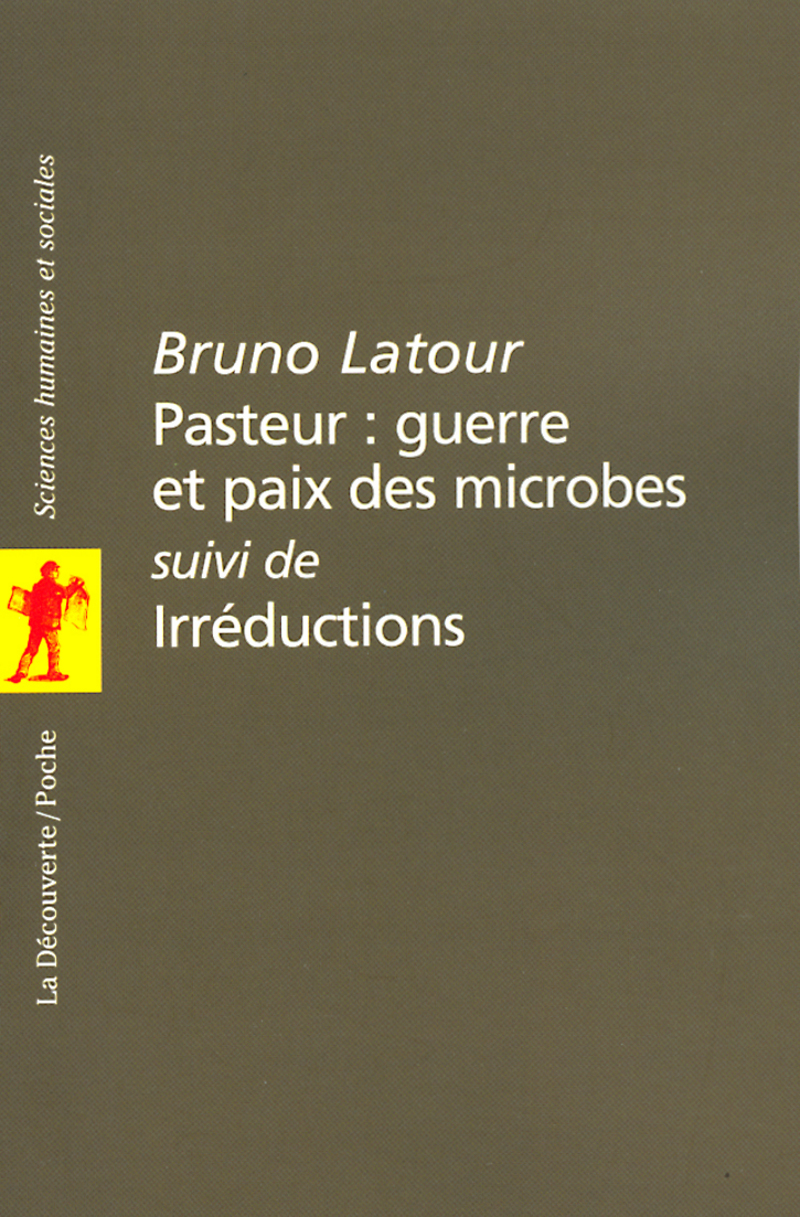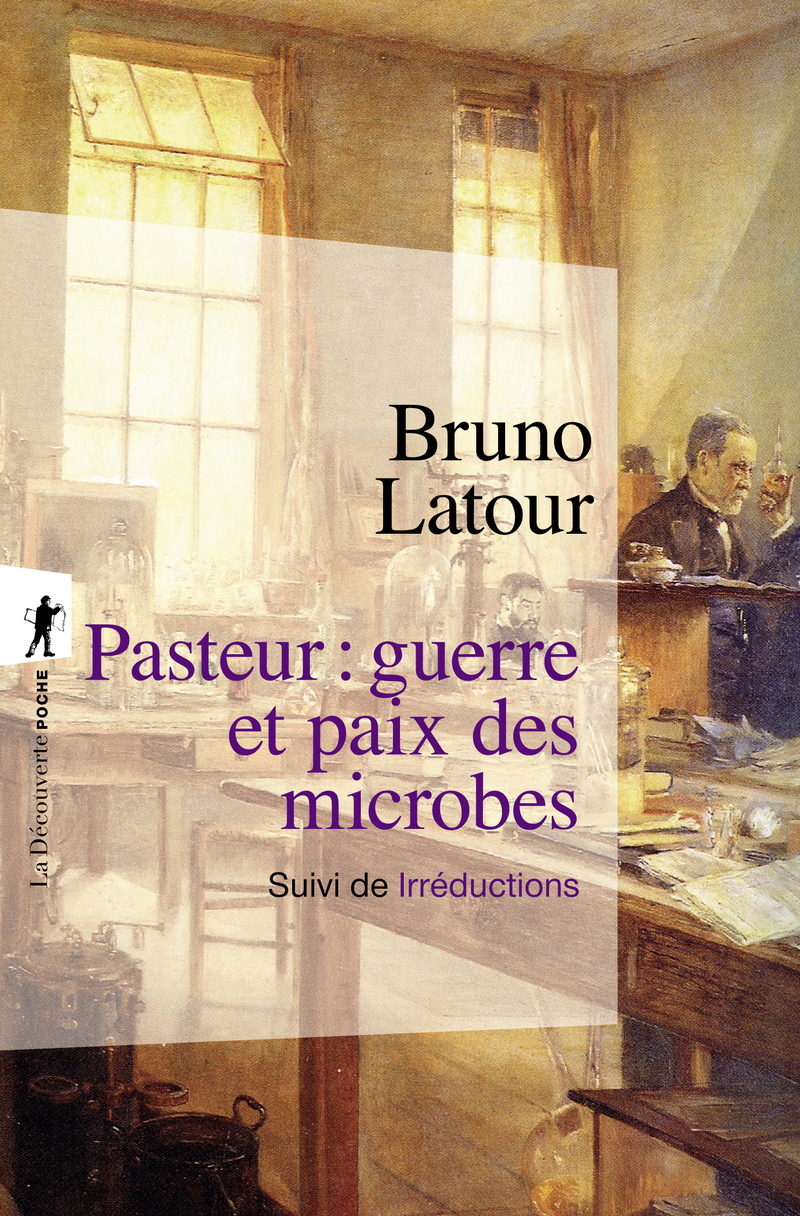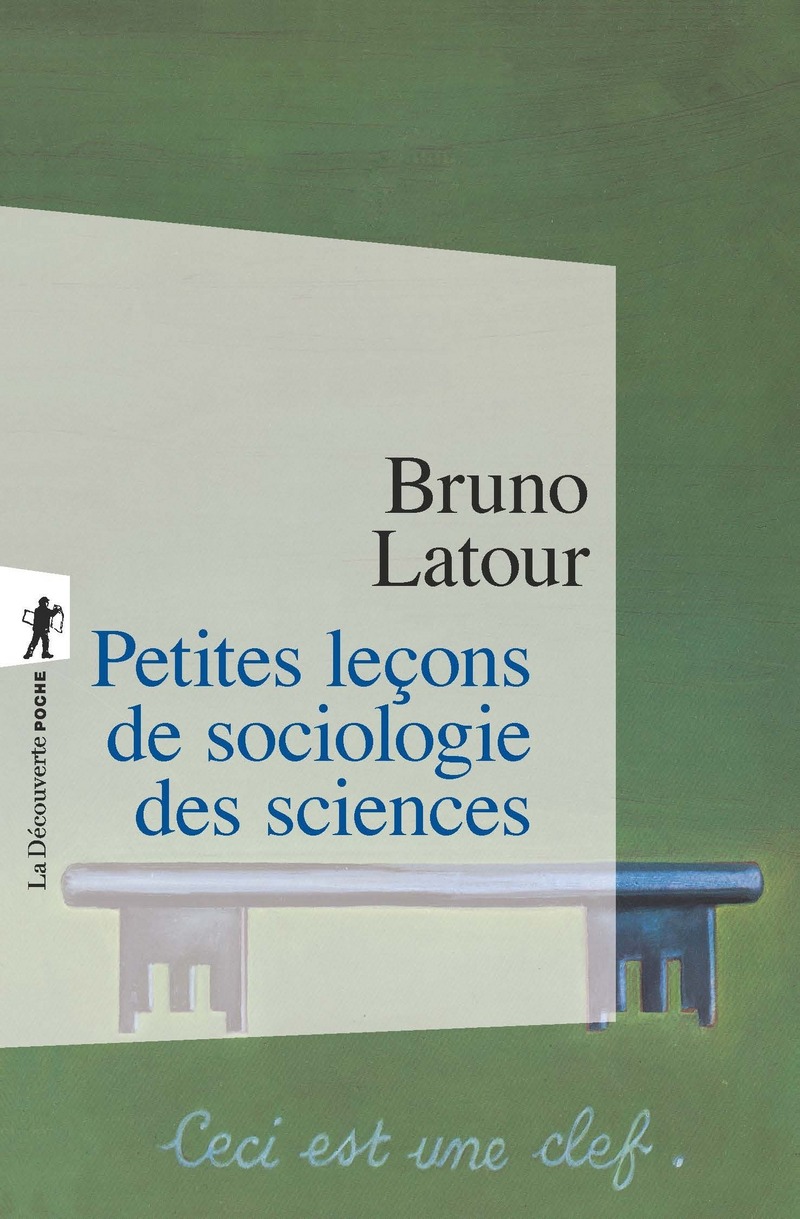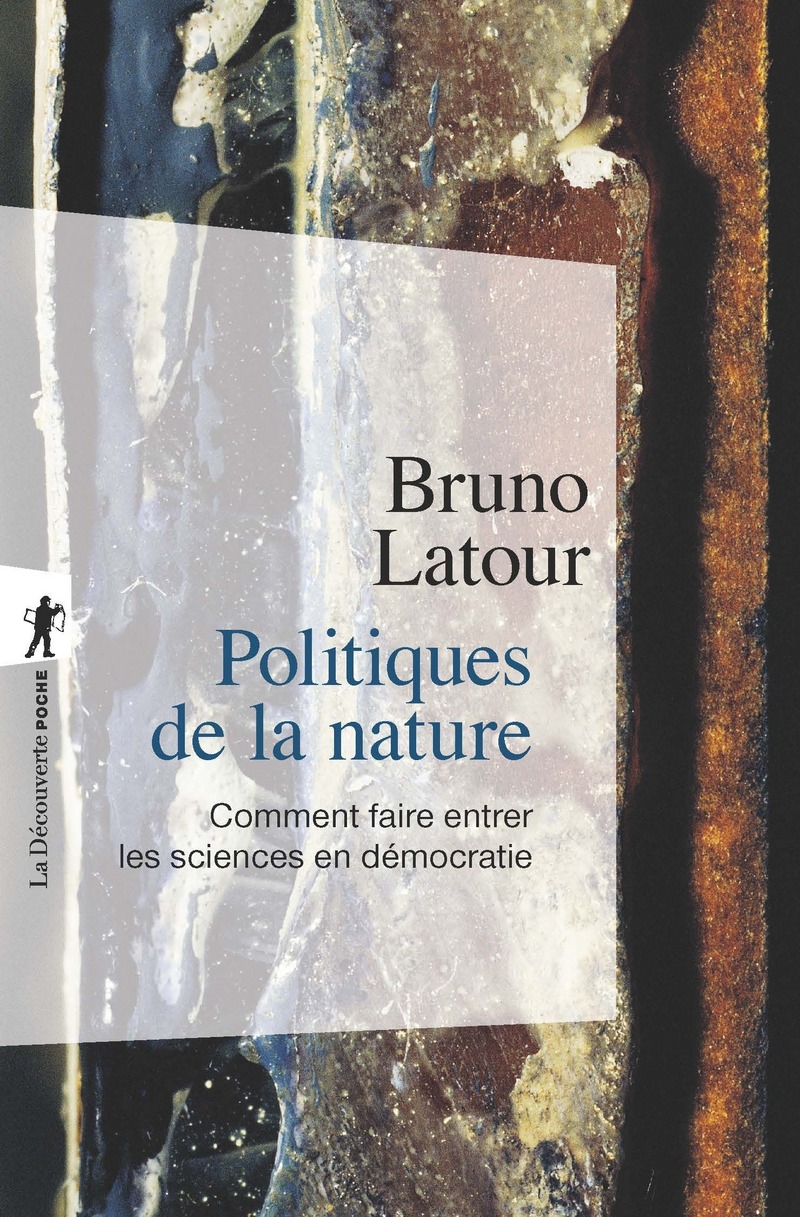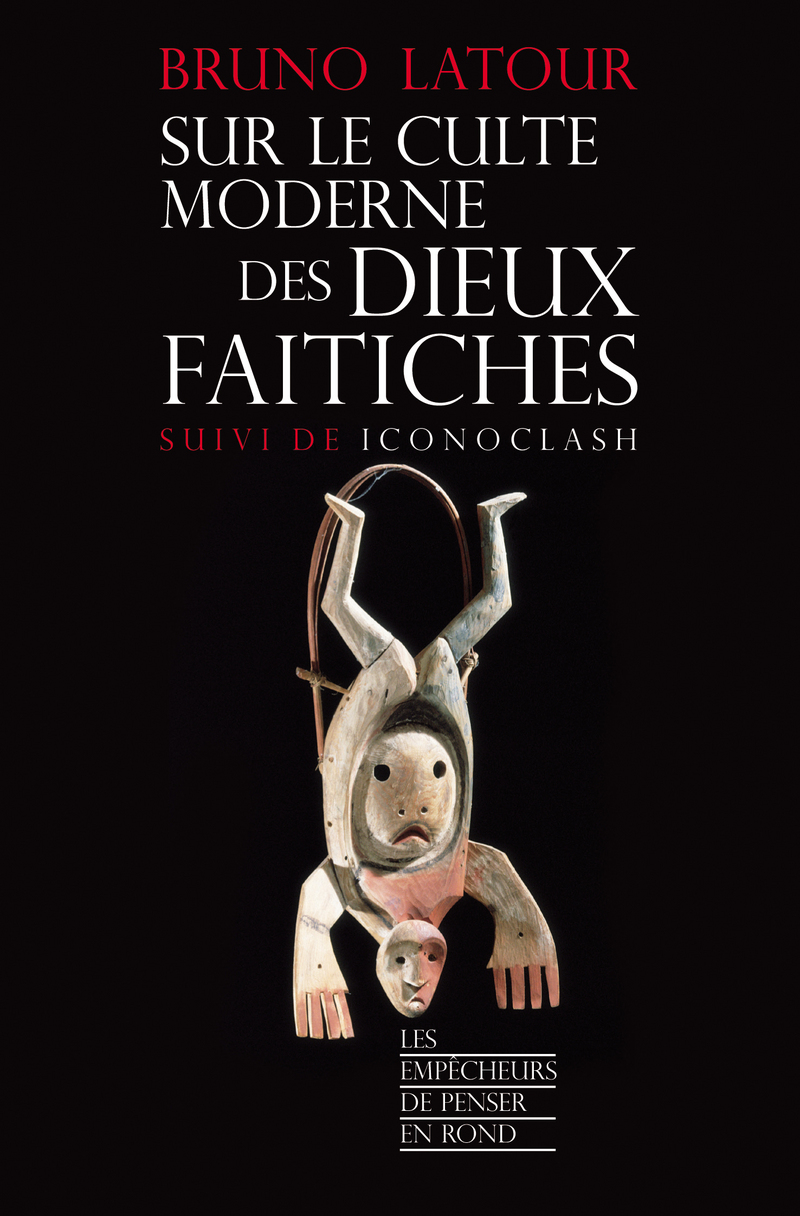Face à Gaïa
Huit conférences sur le nouveau régime climatique
Bruno Latour
James Lovelock n'a pas eu de chance avec l'hypothèse Gaïa. En nommant par ce vieux mythe grec le système fragile et complexe par lequel les phénomènes vivants modifient la Terre, on a cru qu'il parlait d'un organisme unique, d'un thermostat géant, voire d'une Providence divine. Rien n'était plus éloigné de sa tentative. Gaïa n'est pas le Globe, n'est pas la Terre-Mère, n'est pas une déesse païenne, mais elle n'est pas non plus la Nature, telle qu'on l'imagine depuis le XVIIe siècle, cette Nature qui sert de pendant à la subjectivité humaine. La Nature constituait l'arrière-plan de nos actions.
Or, à cause des effets imprévus de l'histoire humaine, ce que nous regroupions sous le nom de Nature quitte l'arrière-plan et monte sur scène. L'air, les océans, les glaciers, le climat, les sols, tout ce que nous avons rendu instable, interagit avec nous. Nous sommes entrés dans la géohistoire. C'est l'époque de l'Anthropocène. Avec le risque d'une guerre de tous contre tous.
L'ancienne Nature disparaît et laisse la place à un être dont il est difficile de prévoir les manifestations. Cet être, loin d'être stable et rassurant, semble constitué d'un ensemble de boucles de rétroactions en perpétuel bouleversement. Gaïa est le nom qui lui convient le mieux.
En explorant les mille figures de Gaïa, on peut déplier tout ce que la notion de Nature avait confondu : une éthique, une politique, une étrange conception des sciences et, surtout, une économie et même une théologie.

Nb de pages : 402
Dimensions : 14 * 20.5 cm
 Bruno Latour
Bruno Latour

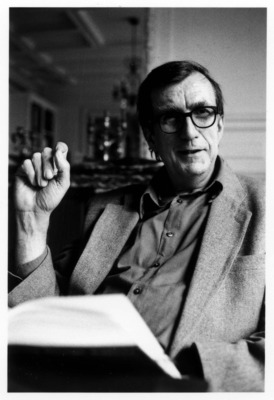
Bruno Latour (1947-2022), sociologue et philosophie, professeur associé au médialab de Sciences Po, a notamment publié Face à Gaïa. Huit conférences sur le Nouveau Régime Climatique (2015), Où atterrir ? Comment s'orienter en politique (2017) et Où suis-je ? Leçons du confinement à l'usage des terrestres (2021).
 Actualités
Actualités

- Les défis du changement climatique vus par le philosophe Bruno Latour
- Bruno Latour: « Sur le climat, nous devons comprendre qui est l'ennemi de qui »
- COP 21 : « C'est plus qu'une prise de conscience, on n'avait encore jamais négocié sur des questions de nature »
- ARTE - 28 minutes
- FRANCE INTER - L'heure bleue
- [Débat] Climat : un désaccord planétaire ?
- RFI - Géopolitique, le débat
- TMC - Quotidien
- [Actualité] Nos penseurs de l'écologie
- [ACTUALITÉ] Nos penseurs de l'écologie politique
Extraits presse 

2015-10-01 - Michel Eltchaninoff - Philosophie Magazine
Il faut lire Face à Gaïa. Il montre, loin de toutes les forfanteries d'usage, ce qu'est un " intellectuel " : quelqu'un qui, par l'étude, peut non pas " défendre des positions " dans des " débats " tout faits, mais éclairer de manière nouvelle nos problèmes, nous obliger à penser plus. Certes cela demande un effort, non à cause du style de l'auteur, d'une clarté qui confine à la fausse ingénuité, mais à cause de la nouveauté même des idées. Mais, n'est-ce pas cela, justement, penser ?
2015-10-30 - Patrice Maniglier - Le Monde des Livres
Parmi la multitude d'ouvrages portant sur la conférence climatique de Paris, "Face à Gaïa" de Bruno Latour est celui qui pousse la réflexion le plus loin. Et nous émerveille par sa clairvoyance.
2015-11-28 - Arnaud Gonzague - nouvelobs.com
Si vous cherchez un ouvrage pour comprendre les enjeux de la COP21 (et pourquoi elle échouera) jetez-vous sur celui-ci ! Il explore de manière originale les racines de notre incapacité à agir par rapport à la menace, à la fois imminente et inédite, que représente le changement climatique, malgré la connaissance que nous en avons désormais. [...] En plus d'inviter à un stimulant changement de perspective, il constitue une bonne synthèse des propres travaux, cruciaux mais souvent mal compris, de l'auteur.
2015-12-01 - Igor Martinache - Alternatives Économiques
Gaïa, magistralement amenée dans Face à Gaïa, deviendra probablement un des figures-phares du XXIe siècle. Espérons, avec Bruno Latour, qu'elle puisse nous aider à éviter le pire.
2016-01-06 - Lectures
Vidéos 

Table des matières 

Introduction
Première conférence
Sur l'instabilité de la (notion de) nature
Une mutation du rapport au monde –; Quatre façons d'être rendu fou par l'écologie –; L'instabilité du rapport nature/culture –; L'invocation de la nature humaine –; Le recours au " monde naturel " –; D'un grand service rendu par la pseudo-controverse sur le climat –; " Allez dire à vos maîtres que les scientifiques sont sur le sentier de la guerre ! " –; Où l'on cherche à passer de la " nature " au monde –; Comment faire face
Deuxième conférence
Comment ne pas (dés)animer la nature
Des " vérités qui dérangent " –; Décrire pour alerter –; Où l'on se concentre sur les puissances d'agir –; De la difficulté de distinguer les humains et les non-humains –; " Et pourtant elle s'émeut " –; Une nouvelle mouture du droit naturel –; Sur une fâcheuse tendance à confondre cause et création –; Vers une nature qui ne serait plus une religion ?
Troisième conférence
Gaïa, figure (enfin profane) de la nature
Galilée, Lovelock : deux découvertes symétriques –; Gaïa, un nom mythique bien périlleux pour une théorie scientifique –; Un parallèle avec les microbes de Pasteur –; Lovelock, lui aussi, fait pulluler les micro-acteurs –; Comment éviter l'idée de système ? –; Les organismes font leur environnement, ils ne s'y adaptent pas –; Sur une légère complication du Darwinisme –; L'espace, fils de l'histoire
Quatrième conférence
L'Anthropocène et la destruction (de l'image) du Globe
L'Anthropocène : une innovation Mente et Malleo
–; Un terme discutable pour une époque incertaine –; L'occasion idéale de désagréger les figures de l'Homme et de la Nature –; Sloterdijk ou l'origine théologique de l'image de la Sphère –; La confusion de la Science et du Globe –; Tyrrell contre Lovelock –; Les boucles de rétroaction ne dessinent pas un Globe –; Enfin, un autre principe de composition –; Melancholia
ou la fin du Globe
Cinquième conférence
Comment convoquer les différents peuples (de la nature) ?
Deux Léviathans, deux cosmologies –; Comment éviter la guerre des dieux –; Un projet diplomatique périlleux –; L'impossible convocation d'un " peuple de la Nature " –; Comment donner sa chance à la négociation ? –; Sur le conflit de la Science et de la Religion –; Une incertitude sur le sens du mot " fin " –; Comparer les collectifs en lutte –; Se passer de toute religion naturelle
Sixième conférence
Comment (ne pas) en finir avec la fin des temps ?
La date fatidique de 1610 –; Stephen Toulmin et la Contre-Révolution Scientifique –; À la recherche de l'origine religieuse de la " désinhibition " –; L'étrange projet d'amener le Paradis sur Terre –; Éric Voegelin et les avatars du gnosticisme –; Sur une origine apocalyptique du climato-scepticisme –; Du religieux au terrestre en passant par le séculier –; Un " peuple de Gaïa " ? –; Ce qu'il faut répondre si l'on vous accuse de tenir un " discours apocalyptique "
Septième conférence
Les États (de nature) entre guerre et paix
La " Grande Clôture " de Caspar David Friedrich –; La fin de l'État de la Nature –; Du bon dosage de Carl Schmitt –; " Nous cherchons le sens normatif de la Terre " –; De la différence entre guerre et opération de police –; Comment se retourner face à Gaïa ? –; Humains contre Terrestres –; Apprendre à repérer les territoires en lutte
Huitième conférence
Comment gouverner des territoires (naturels) en lutte ?
Au Théâtre des Négociations, les Amandiers, mai 2015 –; Apprendre à se réunir sans arbitre supérieur –; Extension de la Conférence des Parties aux Non-Humains –; Multiplication des parties prenantes –; Dessiner les zones critiques –; Retrouver le sens de l'État –; Laudato Si
! –; Enfin, faire face à Gaïa –; " Terre, terre ! "
Bibliographie.




